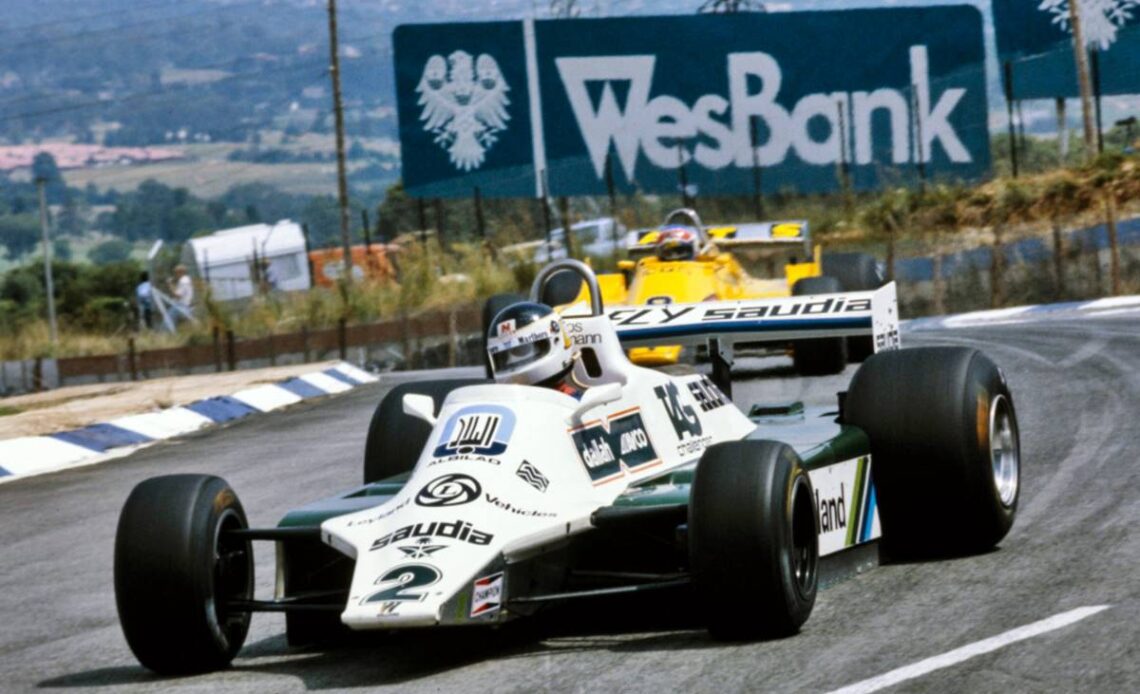With the possible return of a South African Grand Prix in 2023, it seems a good time to focus on the potential legacy that such an event might provide for its 60 million population, 80% of whom are non-white. After all, the likelihood is that it will cost the country several tens of millions of dollars to stage, so what benefits can it provide?
Click here to subscribe to our print edition!
We can be sure that the PR machine will tell us that about the jobs that will be created and the likely increase in tourism. That goes without saying. Don’t forget that South Africa staged the 2010 World Cup, but that wasn’t over in just three days.
However, I believe that there is a much more compelling reason that can be put forward for staging a South African Grand Prix. From a personal perspective, I’d like to see that happen. I’ve enjoyed a relationship with that beautiful country since 1975 and my wife of 35 years was born and grew up in Cape Town.
The last time South Africa staged an F1 race was 1993 and I was lucky enough to be there as Marketing Director of the Lola BMS Scuderia Italia F1 Team, with our drivers Michele Alboreto and Luca Badoer.
That wasn’t my first visit to the Kyalami circuit, however. Back in 1975, I’d flown to South Africa from Heathrow to watch the SA Grand Prix. The track which is 800 meters above sea-level, is no more than a 40 minute drive from Johannesburg.
Interestingly, had the passenger who sat next to me on that long flight chosen a different seat, I would never have become Manager of the Kyalami Grand Prix Circuit!
But Max Mosely did sit next to me; and I did become the manager of Kyalami, in 1980!
But Max Mosely did sit next to me, and I did become the manager of Kyalami, in 1980! But that’s another story!
In the UK, I had left Lola F1 in 1994 and started a new ground-breaking business organisation, with the help of several other like-minded colleagues. The Motorsport Industry Association (MIA) was founded with the aim of formalising motorsport in the UK as an industry in its own right, for the first time, as well as developing much-needed educational pathways. Now in its 28th year, it’s fair to say the MIA has succeeded in those aims.
After the formative first few years, I stood down as CEO, recruiting Chris Aylett to use his experience to continue the growth of the MIA. In my time we had been able to create the MIA Business Achievement Awards and secure the House of Lords as…
Click Here to Read the Full Original Article at Paddock Magazine…

